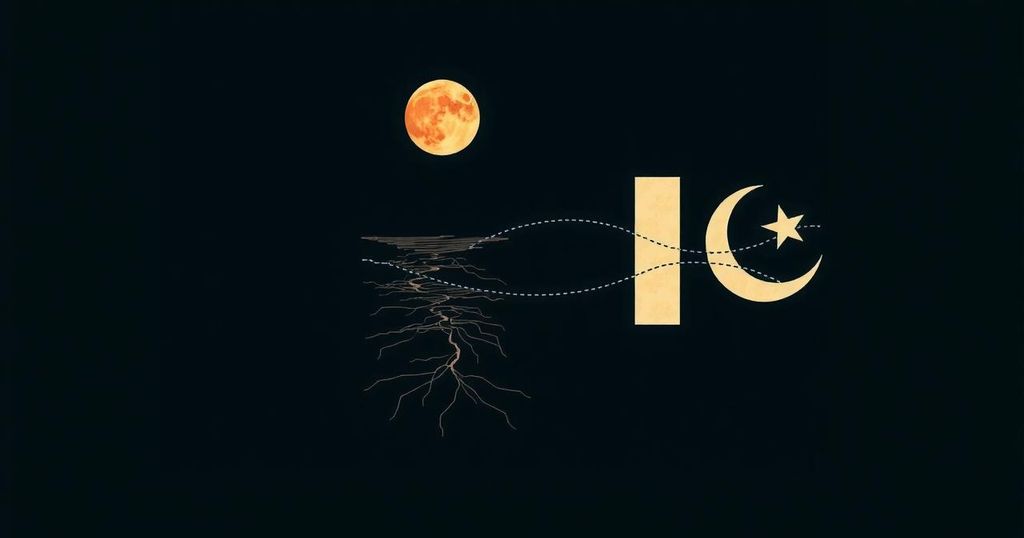Renewed Tensions: The Future of the Indus Waters Treaty in India-Pakistan Relations
Summary
The Indus Waters Treaty has emerged as a potential flashpoint between India and Pakistan, as India seeks to renegotiate the terms of the 64-year-old agreement, citing demographic and environmental concerns. While India claims the treaty is imbalanced, favoring Pakistan, Pakistan maintains its commitment to the treaty, emphasizing its importance for agricultural sustainability. The IWT, historically a stabilizing mechanism, faces challenges in the context of heightened geopolitical tensions and population pressures in both countries.
The Indus Waters Treaty (IWT), a bilateral agreement signed in 1960 between India and Pakistan for the allocation of water from six rivers of the Indus basin, has faced renewed scrutiny and calls for renegotiation amid escalating tensions. India has formally approached Pakistan to reassess the treaty, citing concerns related to demographic changes, environmental challenges, and the growing demands of its burgeoning population. The treaty, which historically facilitated cooperation over water resources despite significant political strife, currently sees India managing three eastern rivers—Ravi, Sutlej, and Beas—while Pakistan controls the three western rivers—Jhelum, Chenab, and Indus. The treaty was a necessity following the Partition of India in 1947, ensuring equitable water rights amidst emerging nationalist tensions. However, India’s recent pivot toward renegotiation raises questions regarding its adherence to the original terms as well as the broader implications for bilateral relations. Analysts emphasize that India feels constrained under the existing framework which it perceives as disproportionately favoring Pakistan, as water allocation currently distributes approximately 20% to India and 80% to Pakistan. Contrarily, Pakistan remains committed to the integrity of the IWT, viewing it as a crucial mechanism for maintaining ecological balance and agricultural sustenance, especially given its dependence on the western rivers for irrigation. The IWT has been instrumental in preventing the Kashmir conflict from escalating over resource disputes, but the changing geopolitical dynamics complicate this relationship. The heightened rhetoric surrounding water sharing can potentially mutate into a more severe crisis if not addressed within the parameters outlined by the treaty.
The Indus Waters Treaty (IWT) was concluded in 1960 after extensive dialogue, largely facilitated by the World Bank, to manage the shared water resources of the Indus basin following the 1947 Partition. The agreement emerged from a necessity for mutual cooperation in water management due to the agricultural dependencies of both nations. The treaty divides the river systems, granting India control over eastern rivers and Pakistan control over western ones, and includes stipulations that allow India limited hydroelectric projects on Pakistan’s rivers under certain conditions. Over decades, the political context within which the treaty operates has grown increasingly contentious, with water rights interlinked with broader territorial disputes, particularly over Kashmir.
The current call for the renegotiation of the Indus Waters Treaty signifies a pivotal moment in India-Pakistan relations, with the treaty now potentially at risk of becoming a flashpoint rather than a stabilizing agreement. While India seeks to amend what it perceives as an imbalanced allocation of water resources to meet growing domestic needs, Pakistan stands firm on maintaining the treaty as it supports its agricultural framework. The future of the IWT will likely be influenced by evolving geopolitical factors and the populations’ pressures in both nations, underscoring the critical need for dialogue and cooperation to resolve conflicts surrounding water resource management.
Original Source: www.aljazeera.com








Post Comment